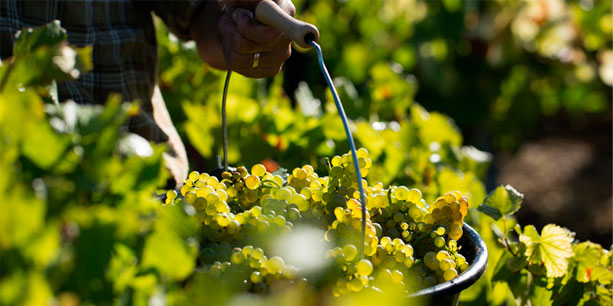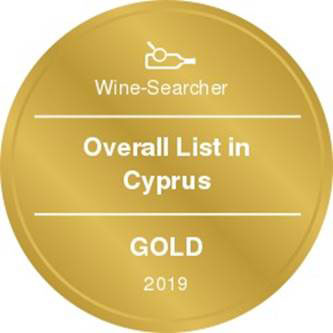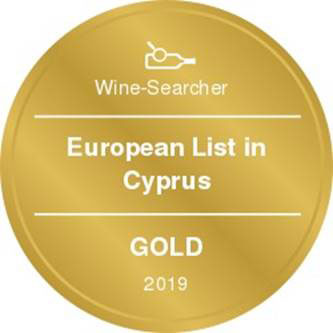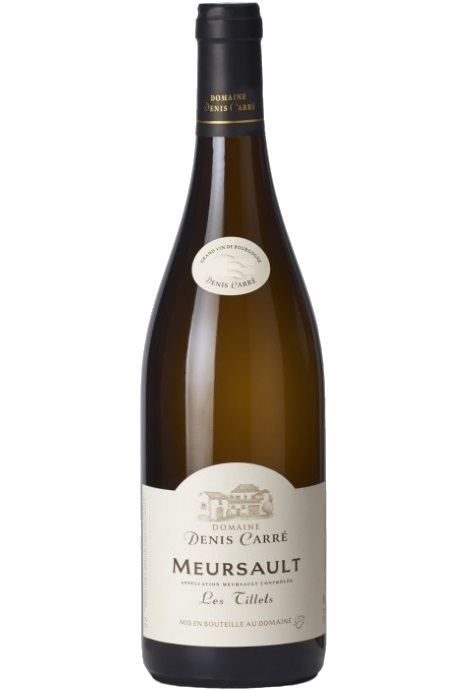Grape Varieties: Chardonnay
Tasting Notes: Rich with flavours of honey and nougat yet balanced with minerality, this wine has oaky notes on the palate.
Food Pairing: Pasta Rich, fish (salmon, tuna etc), Shellfish, Mild and soft cheeses and Cured Meat
About this wine producer: Denis Carre began with nothing, he was not born into a wine family. But when he reached his teenage years and harvested grapes for the first time in his native Burgundy, he knew what he wanted to do. Founded his estate in 1975 by purchasing a small collection of vineyards and building a modest winery in Meloisey, a village in the Hautes Cotes de Beaune. After four decades, the old family house is now surrounded by a wonderful winery and underground ageing cellars. Nowadays the estate has acquired tiny holdings in Meursault, Pommard, Auxey-Duresses, Savigny-lès-Beaune, Saint Romain and Beaune - thirteen hectares in total spread out over nearly seventy parcels producing 12 wines from 8 appellations. In 2008, Denis`s children Gaetane and Martial joined the estate on a full-time basis. In 2013, the family completed a full renovation and expansion of their winery. Today, Martial is in charge of the farming and winemaking, while Gaetane manages the business affairs; Denis and his wife Bernadette are still active in the vines and cellar. "Technically on paper," Gaetane jokes, "my parents are retired. But they are the best employees we have: they`re always available and they work for free! The Domaine produces around 100.000 bottles annually.

For orders below €100,00 delivery charge €10,00 within city limits

Burgundy is Chardonnay`s spiritual home and the best White Burgundies are dry, rich, honeyed wines with marvelous poise, elegance and balance. They are unquestionably the finest dry white wines in the world. Chardonnay plays a crucial role in the Champagne blend, providing structure and finesse, and is the sole grape in Blanc de Blancs.
It is quantitatively important in California and Australia, is widely planted in Chile and South Africa, and is the second most widely planted grape in New Zealand. In warm climates Chardonnay has a tendency to develop very high sugar levels during the final stages of ripening and this can occur at the expense of acidity. Late picking is a common problem and can result in blowsy and flabby wines that lack structure and definition.
Recently in the New World, we have seen a move towards more elegant, better- balanced and less oak-driven Chardonnays, and this is to be welcomed.
 +357 25 76 06 08
+357 25 76 06 08














